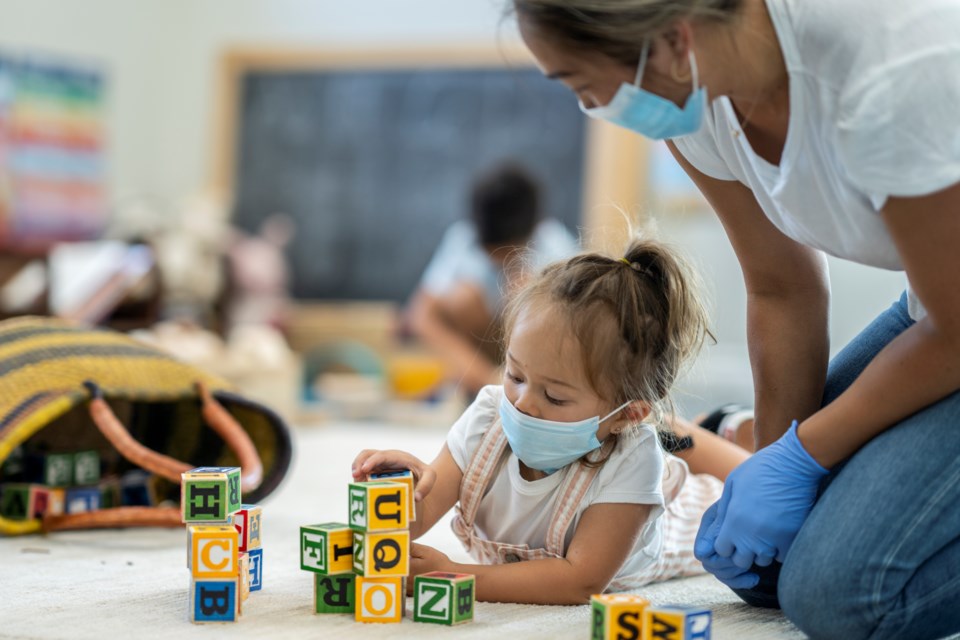The families of 65 kids in two North Shore Neighbourhood House daycare programs are celebrating a jackpot.
The non-profit has received funding from the province to convert its child-care programs at 225 East Second St. and 1858 Sutherland Ave. to charge families just $10 per day for each child, effective March 1. It expands on the government’s 2018 pilot project first started at the Novaco daycare, in North Vancouver's Norgate neighbourhood.
“This is extremely exciting news and the savings will be life-changing for many of these families,” said North Vancouver-Lonsdale NDP MLA Bowinn Ma. “Living in North Vancouver is already very expensive, and saving money on child care means that families can put more money towards other essentials or invest more into making life better for their children.”
Since 2018, about $82 million in child-care funding has flowed to the North Shore, which has helped lower fees and create more than 1,000 new spaces, Ma said. The government believes there will be a good return on the investment, she added. Affordable child care allows more people to join the workforce, which is important with labour shortages only expected to worsen. Even families with high incomes struggle with current child-care rates, she added.
“We have a major challenge where we have so many jobs opening up in the next 10 years, and we need to fill those jobs,” she said. “This is not just a social program. It's an economic program.”
The money that parents save on child care today can be put aside for their kids’ future education, or spent on extracurriculars, Ma said.
There is no means test to have kids in the $10 per day program as it is up to individual daycare operators to apply to be included in the program.
Ma said the goal is to soon have a totally universal child-care system, no different from how families accessing public schools regardless of family income.
While it may stoke envy on those still paying $2,000 or more per month, Ma said more help is on the way, with new $10-per-day spaces and fee reductions coming that should reduce the average daily cost to $20 by the end of the year.
“This is the beginning of what will be quite a rapid acceleration of the expansion of that program,” she said. “We haven't had the creation of a whole new program like this since back in the '70s.”


